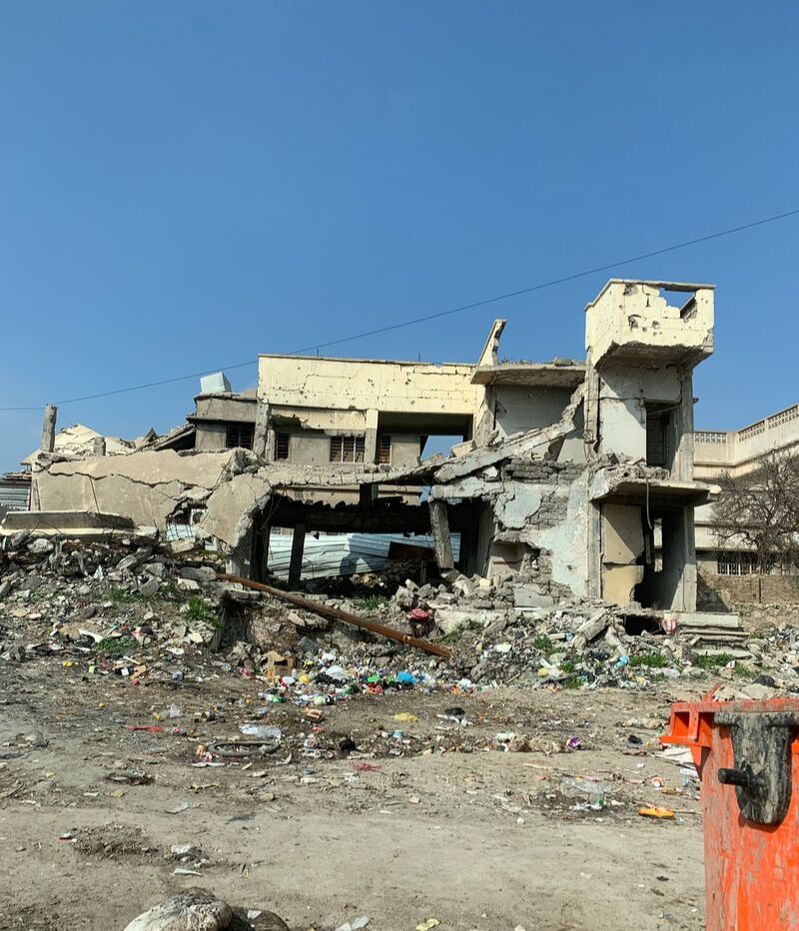LAW OF ARMED CONFLICT
|
Civilian Harm and Military Legitimacy in War
(with Benjamin Krick & Jonathan Petkun) Download PDF
Your browser does not support viewing this document. Click here to download the document.
When Terrorists Govern: Protecting Civilians in Conflicts with State-Building Armed Groups
Harvard National Security Journal 9 (2018): 100-145
Your browser does not support viewing this document. Click here to download the document.
|
Can the Women, Peace and Security Agenda and International Humanitarian Law Join Forces?
(with Jeni Klugman, Robert U. Nagel, Orly Maya Stern) Georgetown Institute for Women, Peace and Security (2021)
Your browser does not support viewing this document. Click here to download the document.
|
|
Many existing U.S. counter-terrorism policies, including those governing targeting and detention, rely on an empirical assumption that terrorist groups are primarily military organizations. This assumption may be appropriate in the case of al-Qaeda, but it fails to describe terrorist groups that engage not only in warfare but also in governance and state-building such as the Islamic State, a self-declared “caliphate” that—at the height of its expansion in 2014—claimed sovereignty over an estimated 34,000 square miles and 10 million civilians. This Article identifies a category of “state-building” terrorist groups that can be distinguished by the following characteristics: (1) the presence of a non-military wing analogous to a civilian bureaucracy that provides services, including food, electricity, and healthcare to the governed population; (2) dual-use institutions that simultaneously perform military and civilian functions; and (3) a degree of coercive control over civilians that creates observational equivalence between victims and supporters of the group. As a result of these characteristics, existing U.S. targeting doctrines that were designed with primarily military groups such as al-Qaeda in mind, tend to penalize civilians when applied to state-building terrorist groups that govern people and territory. This argument is supported by archival Islamic State documents, social media data generated by users in or near Islamic State-controlled areas of Syria and Iraq, interviews with former Islamic State combatants and civilian employees, and original data on the targeting of 11 different zakat offices on 19 different occasions. These zakat offices, which are located in densely populated urban areas, simultaneously collect taxes (a war-sustaining activity) and distribute cash assistance and food to civilians (a humanitarian activity), and illustrate the costs of targeting dual-use institutions that perform both military and civilian functions. The Article concludes with targeting recommendations that take into consideration the structural vulnerability of civilians living in areas controlled and governed by terrorist groups while still allowing governments to prosecute civilians who aid such groups under domestic material support laws.
|
